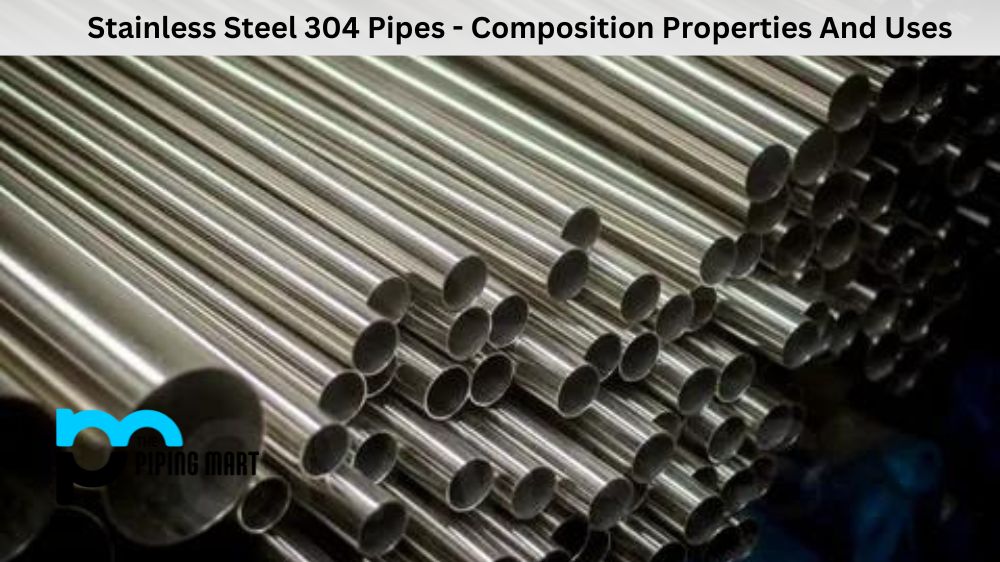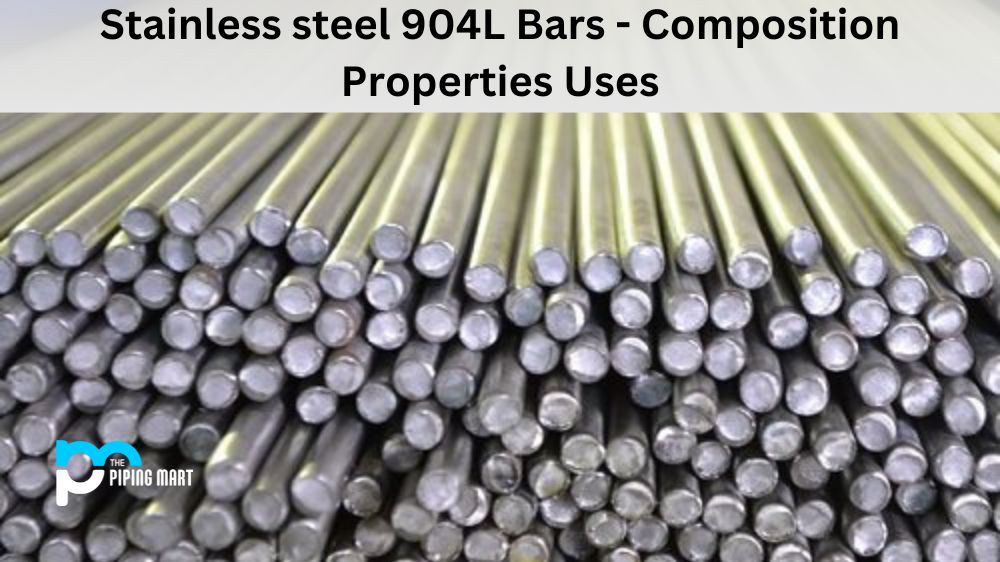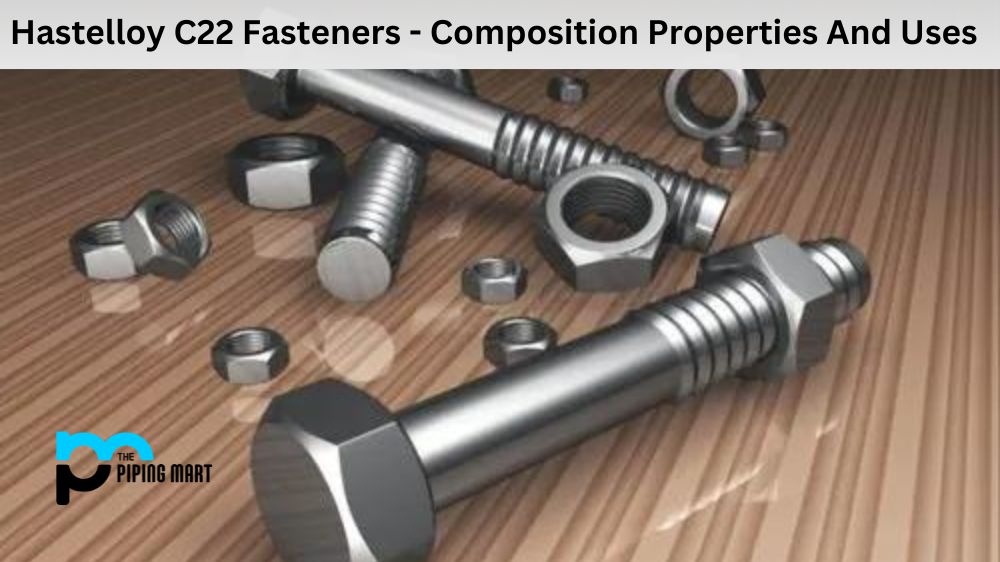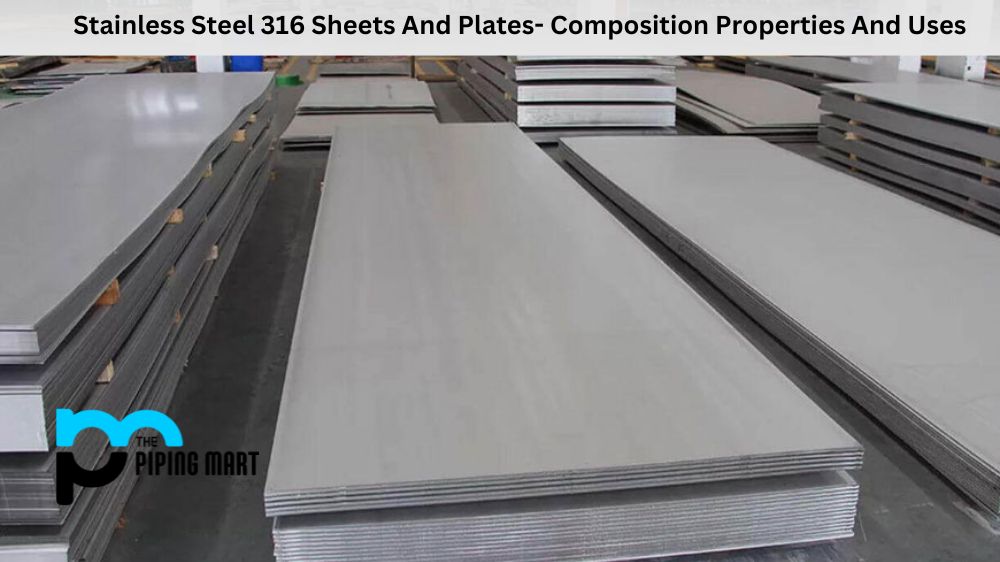Stainless steel has been one of the most popular materials in various industries thanks to its numerous benefits, including excellent strength, corrosion resistance, and design flexibility. SS304, in particular, is the most commonly used stainless steel alloy known for its versatility and durability. This blog post will focus on the composition, physical and mechanical properties, uses, heat treatment, and corrosion resistance of 304 stainless steel pipes.
What are 304 Stainless Steel Pipes?
ASME SA312 grade 304 pipe are stainless steel pipes with a composition of 18% chromium and 8% nickel. These are highly corrosion-resistant pipes and can withstand high temperatures, making them ideal for industrial applications such as plumbing and ventilation systems. SS 304 Pipes are also widely used in the food industry due to their non-reactive properties.
Stainless Steel 304 Pipes Composition:
304 Stainless steel pipes are made of an austenitic stainless steel alloy comprising 18% chromium and 8% nickel. These elements are crucial in enhancing the Grade 304 pipe resistance to corrosion and oxidation in various environments. Apart from these alloys, type 304 stainless steel contains up to 0.08% carbon, 2% manganese, and 0.75% silicon. Additionally, sulfur and phosphorus are limited to minimal levels to prevent embrittlement.
| Grade | C | Mn | Si | P | S | Cr | Mo | Ni | N | |
|---|---|---|---|---|---|---|---|---|---|---|
| 304 | min. max. |
– 0.08 |
– 2.0 |
– 0.75 |
– 0.045 |
– 0.030 |
18.0 20.0 |
– | 8.0 10.5 |
– 0.10 |
| 304L | min. max. |
– 0.030 |
– 2.0 |
– 0.75 |
– 0.045 |
– 0.030 |
18.0 20.0 |
– | 8.0 12.0 |
– 0.10 |
| 304H | min. max. |
0.04 0.10 |
– 2.0 |
– 0.75 |
-0.045 | – 0.030 |
18.0 20.0 |
– | 8.0 10.5 |
– |
Aisi 304 pipe Physical Properties:
Due to its composition, 304 SS pipes are known for their excellent physical properties, including high tensile strength, flexibility, and malleability. The pipes are non-magnetic, making them suitable for use in magnetic-sensitive applications. UNS S30400 pipes have a density of 8 g/cm3, a melting point of 1400-1450°C, and a specific heat capacity of 500 J/kgK.
| Grade | Density (kg/m3) | Elastic Modulus (GPa) | Mean Coefficient of Thermal Expansion (μm/m/°C) | Thermal Conductivity (W/m.K) | Specific Heat 0-100 °C (J/kg.K) | Electrical Resistivity (nΩ.m) | |||
|---|---|---|---|---|---|---|---|---|---|
| 0-100 °C | 0-315 °C | 0-538 °C | at 100 °C | at 500 °C | |||||
| 304/L/H | 8000 | 193 | 17.2 | 17.8 | 18.4 | 16.2 | 21.5 | 500 | 720 |
Grade 304 Pipe Mechanical Properties:
Aisi 304 pipe have excellent mechanical properties, making them useful in various applications. The UNS S30400 pipes have a minimum yield strength of 205 MPa, a minimum tensile strength of 515 MPa, and a maximum elongation of 40%. Additionally, the pipes are suitable for fabrication, forming, and welding.
| Grade | Tensile Strength (MPa) min | Yield Strength 0.2% Proof (MPa) min | Elongation (% in 50 mm) min | Hardness | |
|---|---|---|---|---|---|
| Rockwell B (HR B) max | Brinell (HB) max | ||||
| 304 | 515 | 205 | 40 | 92 | 201 |
| 304L | 485 | 170 | 40 | 92 | 201 |
| 304H | 515 | 205 | 40 | 92 | 201 |
Grade SS304 Pipe Equivalent Grades
| Grade | UNS No | Old British | Euronorm | Swedish SS | Japanese JIS | ||
| BS | En | No | Name | ||||
| 304 | S30400 | 304S31 | 58E | 1.4301 | X5CrNi18-10 | 2332 | SUS 304 |
Stainless Steel 304 Pipes Uses:
ASME SA312 grade 304 pipe is a versatile alloy commonly used in various industries, including automotive, construction, food, beverage, and medical. Stainless steel 304 pipes manufacture heat exchangers, pressure vessels, pipes, and tubes, among other applications. Due to their excellent corrosion resistance, the SS304 pipes are also used in food processing and chemical industries.
UNS S30400 Pipes Heat Treatment:
304 Stainless steel pipes can be annealed to enhance their corrosion resistance and flexibility and toughness. Annealing involves heating the pipes to a temperature range of 1010-1120°C and soaking them for a specific period. After annealing, the pipes are slow-cooled in a furnace to prevent cracking and deformation.
304 SS Pipes Corrosion Resistance:
One of the most significant benefits of type 304 pipes is their excellent corrosion resistance. The SS304 pipes can withstand various corrosive environments, including acetic, sulfur, and organic acids. The aisi 304 pipes are also resistant to pitting and crevice corrosion, making them ideal for harsh environments.
Conclusion:
Stainless steel 304 pipes are the most commonly used stainless steel alloy thanks to their versatility, durability, and excellent physical and mechanical properties. The 304 Stainless Steel pipes‘ composition, physical and mechanical properties, uses, heat treatment, and corrosion resistance make them suitable for various industries, including automotive, construction, food and beverage, and medical. If you are looking for a piping solution for your application, stainless steel 304 pipes are an excellent choice.

Abhishek is a seasoned blogger and industry expert, sharing his insights and knowledge on various topics. With his research, Abhishek offers valuable insights and tips for professionals and enthusiasts. Follow him for expert advice on the latest trends and developments in the metal industry.




